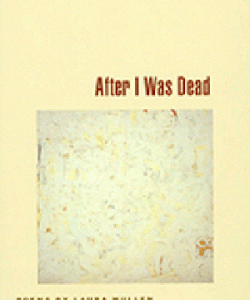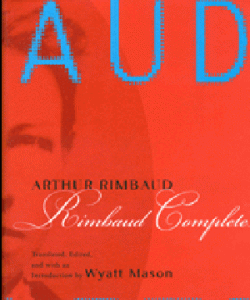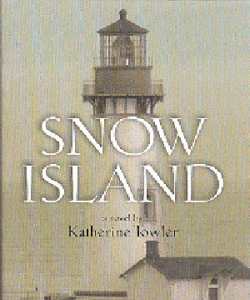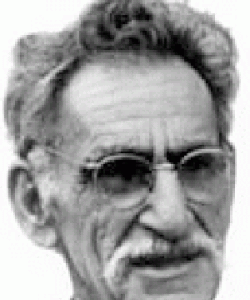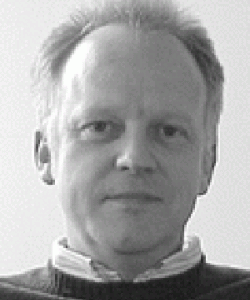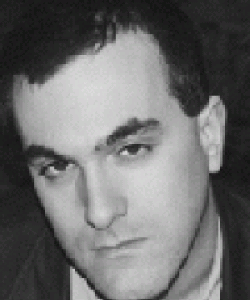An Interview With Poet Donald Revell
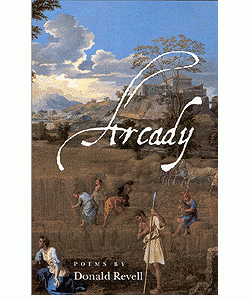
Donald Revell grew up in the Bronx, New York. He received his Ph.D. from SUNY-Buffalo, and splits his time between Nevada and Utah, where he is Professor of English and Creative Writing at the University of Utah. Wesleyan University Press published Revell's seventh book of poems, Arcady, in February. Written as a response to the death of his sister and only sibling, Roberta, in 1995, Arcady draws its vision from the well of Arcadia—the utopic Greek realm described as paradise by Virgil, painted by Poussin, scored by Charles Ives, and contemplated by Thoreau.





